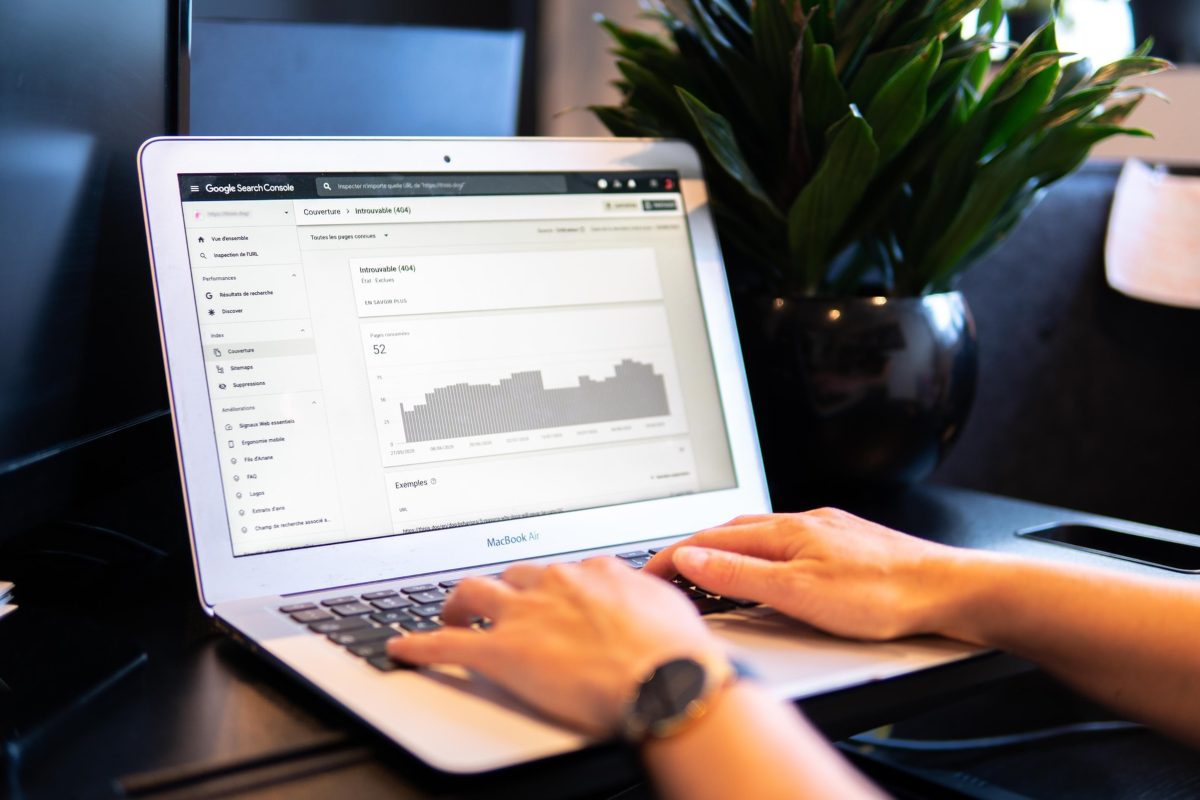Data is everywhere. But you’re only going to make use of it if you have the right tools for the job. This is where choosing a data analytics platform comes into play.
They’re not all the same, so being selective is important when choosing data tools. Here are some things to think about when choosing a data analytics platform.
Understand the Needs of Your Organization

It’s no secret more businesses are turning to data analytics to help improve operations. Even small businesses, which tend to have fewer resources, are heavily adopting analytics. Almost 70 percent of small businesses are using analytics for operations in every department.
Clearly, many companies are finding uses for analytics.
However, you shouldn’t do something just because others are doing it. While there are many benefits to using data analytics within an organization, you can’t just assume you’ll figure it out as you go.
In fact, this is really the opposite of the right approach. Businesses need to understand why and how they’re going to leverage data before deciding to purchase tools or platforms. This should be done in both general and specific terms.
Here are a few questions worth asking before starting the search for a new data analytics platform:
- What are our organizational goals for adopting data analytics or a new analytics platform?
- Will we be able to deploy this new platform in an effective way?
- What will it cost, and how are we planning to extract our return from the investment?
- What are the priorities and concerns of relevant stakeholders?
- Will this platform scale along with our business?
- Are there any regulatory or compliance issues that might affect our ability to use a certain data analytics platform?
It’s likely there are more questions you’ll need to discuss relevant to your specific business and industry. These, however, can set you on the path to understanding the needs of your organization when it comes to analytics.
Know the Top Features and Tools of Today
When it comes to choosing a new analytics platform, you want to get one that will facilitate your inherent needs while allowing your organization to leverage platform-specific advantages.
If you have the option to hunt with a spear or a rifle, the better choice is pretty obvious. The same principle applies to data analytics platforms.
One of the biggest features of modern analytics platforms and tools is enhancement through artificial intelligence. An AI-powered data analytics platform has the potential to vastly increase the speed at which users derive actionable insights.
One of the biggest roadblocks for enterprises trying to adopt data analytics tools is ensuring they’re user-friendly enough for their workforce.
Thanks to AI, today’s analytics platforms are democratizing data, as they often don’t require in-depth knowledge from the user to function. Natural language processing plays a huge role in this, as it allows users to perform queries like they would in a search engine.
Don’t Overlook Budgeting for the Short- and Long-Term
Of course, you want to buy the best tools out there. But the cost is only going to justify itself if you can project expenses and return on investment (ROI). Getting the newest, most expensive platform is only going to be beneficial if you save more money through its deployment than you spend setting it up and managing it.
It’s essential for organizations of all sizes to take the time to measure how much money they’ll have to save in order for an investment to pay for itself. This can be a tough when trying to measure the long-term value of something not entirely straightforward, such as data analytics.
You will, however, be able to come up with some projections. It’s worth noting cloud platforms generally require less upfront investment and scale more fluidly than legacy options.
Further, with business activity moving more online by the day, it makes sense for enterprises to at least have a hybrid, if not cloud-first, approach in today’s corporate climate.
Choosing a data analytics platform isn’t something to be taken lightly. It’s a decision that will have a major impact on your business, from daily operations to the bottom line. Consider these points before deciding on your next data analytics platform.
Read Also:
- Why Data Analytics is the Future For Small Businesses
- 7 Applications of Predictive Analytics You Need to Know
- Want A Thriving Business? Focus On Process Intelligence!
Author: Tom Eastwood
















